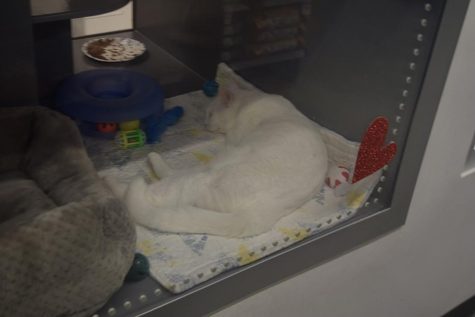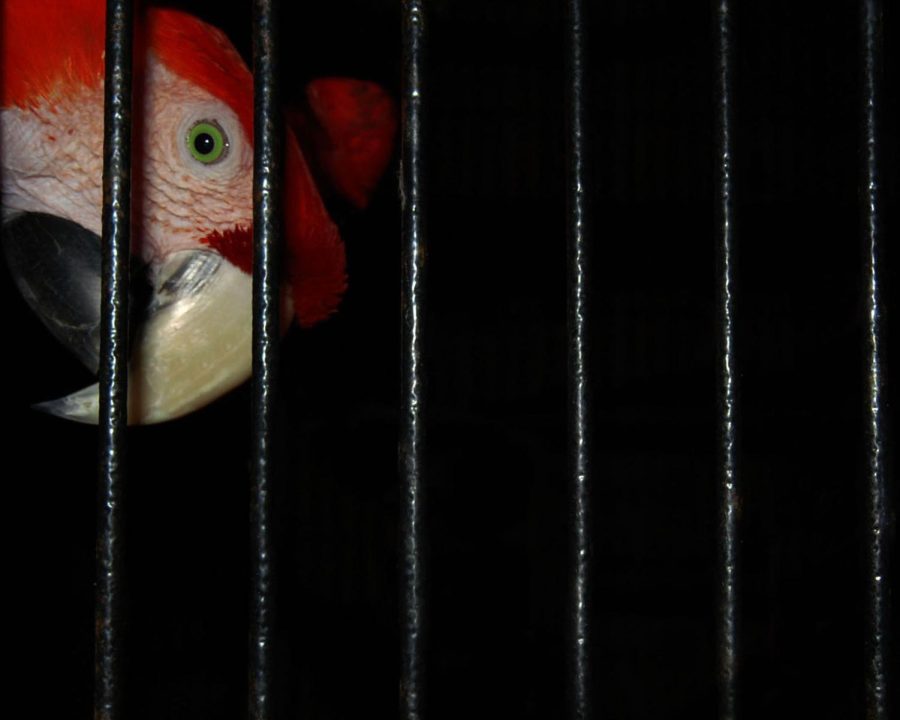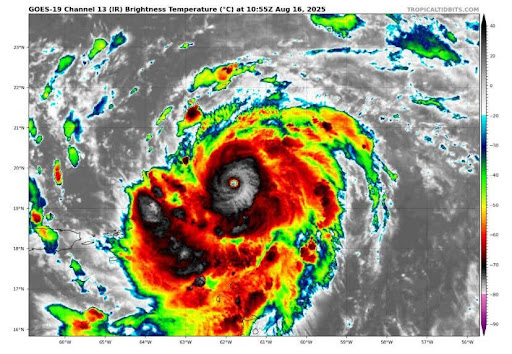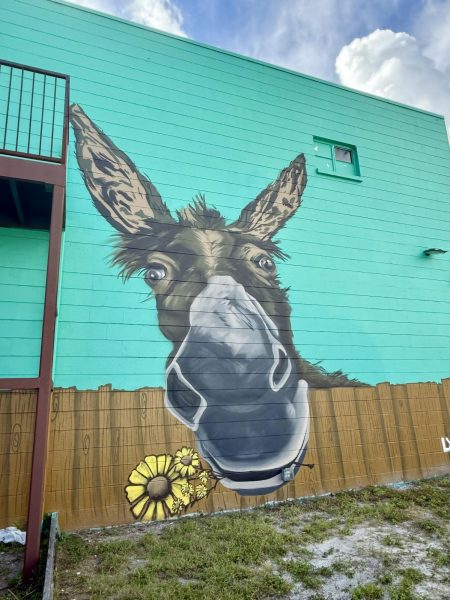Pets or Profit: The Heartbreaking Reality of the Pet Store Industry
When we buy a pet from a store, we are indirectly supporting this cruel industry. Every purchase fuels the cycle of animal mistreatment, and it is up to us as consumers to break this cycle.
As animal lovers, the thought of a pet being mistreated is enough to bring tears to our eyes. The reality, however, is that animal cruelty is a daily occurrence for countless animals in pet stores across the country. Confined to tiny, cramped cages without space to run or play, these poor creatures spend their entire lives in a state of boredom and distress. They are denied the opportunity to experience the joys of the world, to receive proper exercise, and to form meaningful social bonds.
The inhumane treatment of animals is a direct result of the pet store industry’s greed. The focus is on profits– casting aside the well-being of the animals in their care– leading to a system that prioritizes profit over the lives and well-being of these innocent creatures. The pet store industry purchases animals from mass-breeding facilities, where the conditions are even worse. Overcrowded and unsanitary, these facilities are breeding grounds for illness and behavioral problems.

Ms. Dunn, the IB Psychology teacher at SPHS, recently visited a pet store and was disappointed by what she saw. She said, “when I go to the pet store, the advertisements say that fish need at least 5 gallons of water and plenty of toys to play with, but when I look around, all I see are fish kept in tiny containers, barely surviving.” Because of these conditions, Ms. Dunn is adopting a beta fish as a class pet. The pet store’s advertising of adequate living conditions for the fish, coupled with the reality of the poor conditions in which the fish were actually kept, demonstrates the disconnect between the pet industry’s promises and the actual care that animals receive. When we buy a pet from a store, we are indirectly supporting this cruel industry. Every purchase fuels the cycle of animal mistreatment, and it is up to us as consumers to break this cycle. We have the power to choose where our money goes and the impact it has on the world around us.
It is our responsibility to educate ourselves and make informed choices. Instead of buying pets from pet stores, we can choose adoption from local animal shelters and rescue organizations. These organizations prioritize the well-being of animals and provide a second chance for creatures in need of a loving home.
The next time you consider adding a pet to your family, imagine the life of that animal before it arrived in the store. Did it have a chance to run and play in the sunshine? Did it receive proper care and love? For far too many pets in pet stores, the answer is no. Let’s break the cycle of cruelty and choose adopting over shopping. Together, we can create a world where all pets are treated with the love, care, and respect they deserve.












